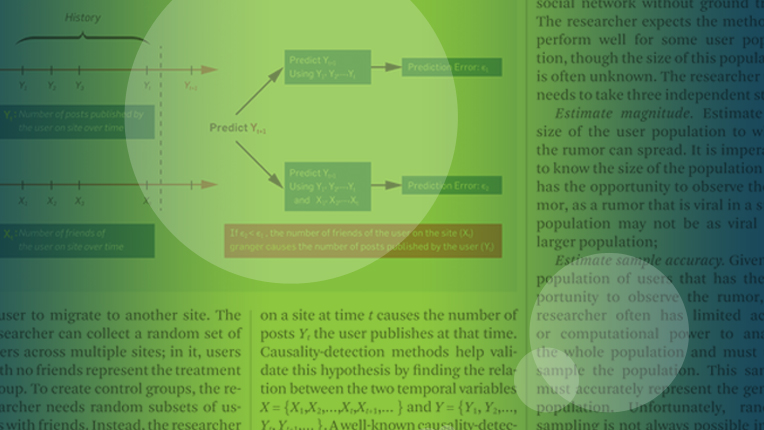SIGDOC Annual Report
July 2002 - June 2003
Submitted by: Kathy Haramundanis, SIGDOC Chair
Awards
SIGDOC was delighted to present our traditional awards this past fiscal year as follows: the Rigo Award for long-term, extraordinary contributions to the field of technical communications to Dr. Stephen Doheny-Farina, for his outstanding life-time contributions to the field, and the Diana Award for an institution to the world Wide Web Consortium, for their exemplary work that has brought the web to all of us. We additionally selected and announced the award winners for our Graduate Student Competition and our Undergraduate Scholarship. The Graduate Student Award winner, Lyn Gattis, presented her winning paper at the SIGDOC 2002 Conference held in Toronto. Our undergraduate scholarship winner was Alison McCormick, studying at the University of Minnesota.
Significant Papers
There were several significant papers at our SIGDOC 2002 Conference in Toronto, Canada. They mark our continued effort to provide the theoretical, research-based foundation for methodologies supporting the field and the work of practitioners. Among these papers were one from R.M. Newman, N. Bussard, and C.J Richards on Integrating Interactive 3D Diagrams into Hypermedia Documentation (Coventry University, UK) and a revelatory paper by Anke Weber on Introduction to Scalable Vector Graphics (University of Victoria, Canada). Clay Spinuzzi (University of Texas at Austin) contributed a specially interesting multi-cultural paper, A Scandinavian Challenge, a US Response: Methodological Assumptions in Scandinavian and US Prototyping Approaches, and Michael Albers(University of Memphis) contributed a strong paper on Design of Complex Information. Several papers on single-sourcing and on open sourcing of documentation illuminated important threads of the conference.
Special Programs
As usual during our conference, we provided tutorials on several topics, and we also offered workshops and panels, expanding the variety of offerings available to attendees. These provided opportunities to obtain additional and different feedback from those attending the conference that continues to foster new ideas we can take advantage of in the future. Because SIGDOC is a small SIG with members ranging from students, practitioners of all levels of experience, and academicians it always needs to examine innovative ways to to appeal to this broad range of members. Based on the submissions to our conferences, that have greatly improved in quality over the past decade, we believe we are being successful. Papers that would have been accepted a decade ago are being routinely rejected. Submissions to our conferences come from both academia and industry, and attendees express the view that SIGDOC conferences are popular with them because of their intellectual stimulation and the availability to have direct discussions with speakers, opportunities that are rare at larger conferences.
Key Issues
SIGDOC faces two critical issues: decline in membership and problems with our print publication, JCD. Transition to an editorial staff with perhaps less experience than was required and problems with a new production system proved difficult to surmount, and SIGDOC activities with JCD are being reexamined. As Chair, I take full responsibility for the SIG's inability to fulfil this member obligation. Our newly elected Chair, Scott Tilley, is committed to ensuring that JCD continues to provide seminal, peer-reviewed articles for the SIGDOC community in a print publication. Our quarterly electronic Newsletter continues to be issued on time and within budget.
Due to careful cost management and attention to those issues important to the SIG we have stayed within our budget and close our year with a good financial position. However, fiscal constraints will continue to be important, probably for the forseeable future.
As this is my final annual report for the SIG, I wish to thank all members of the SIG for your continued enthusiasm and your participation in both the conference and the SIG, with special thanks to all the Board members who have served so thoroughly and well during my tenure.
ACM Case Studies
Written by leading domain experts for software engineers, ACM Case Studies provide an in-depth look at how software teams overcome specific challenges by implementing new technologies, adopting new practices, or a combination of both. Often through first-hand accounts, these pieces explore what the challenges were, the tools and techniques that were used to combat them, and the solution that was achieved.

Publish with ACM
ACM's prestigious conferences and journals seek top-quality papers in all areas of computing and IT. It is now easier than ever to find the most appropriate venue for your research and publish with ACM.

